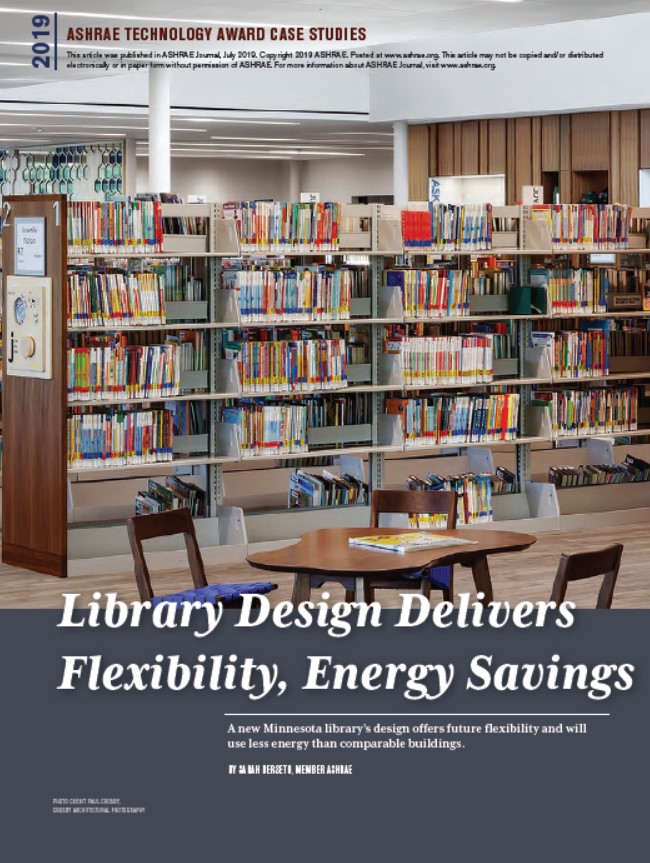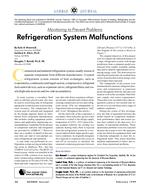Describes the analysis of data sets from four unoccupied research houses for factors influencing thermal stratification. The installed equipment consisted of central and zoned forced-air gas systems, electric heat pump systems, unvented gas space heaters and a gas boiler utilising either forced air or forced water distribution. States that thermal stratification was found to be affected by many factors, including supply air temperature, room air temperature, room geometry, duty cycle and register locations. The dominating influence was air delivery temperature. Hotter supply air temperatures resulted in greater stratification. Supply air temperatures varied from around 26.7degC (80degF) to 79.4degC (175degF). A minor difference in stratification was found when a heating system operated in a zoned mode compared to a central mode. Seasonal stratification between a height of 0.1 m (4 in.) and 1.1 m (43 in.) did not exceed the ASHRAE Standard 55 comfort limit of 3degC (5.4degF) except with the unvented gas space heater.
KEYWORDS: Housing, space heating, comparing, temperature stratification, research, thermal comfort
Citation: ASHRAE Trans. 1992, vol.98, part 1, paper number AN-92-17-3, 1258-1265, 4 figs, 5 tabs, refs.
Product Details
- Published:
- 1992
- File Size:
- 1 file , 980 KB
- Product Code(s):
- D-18135


